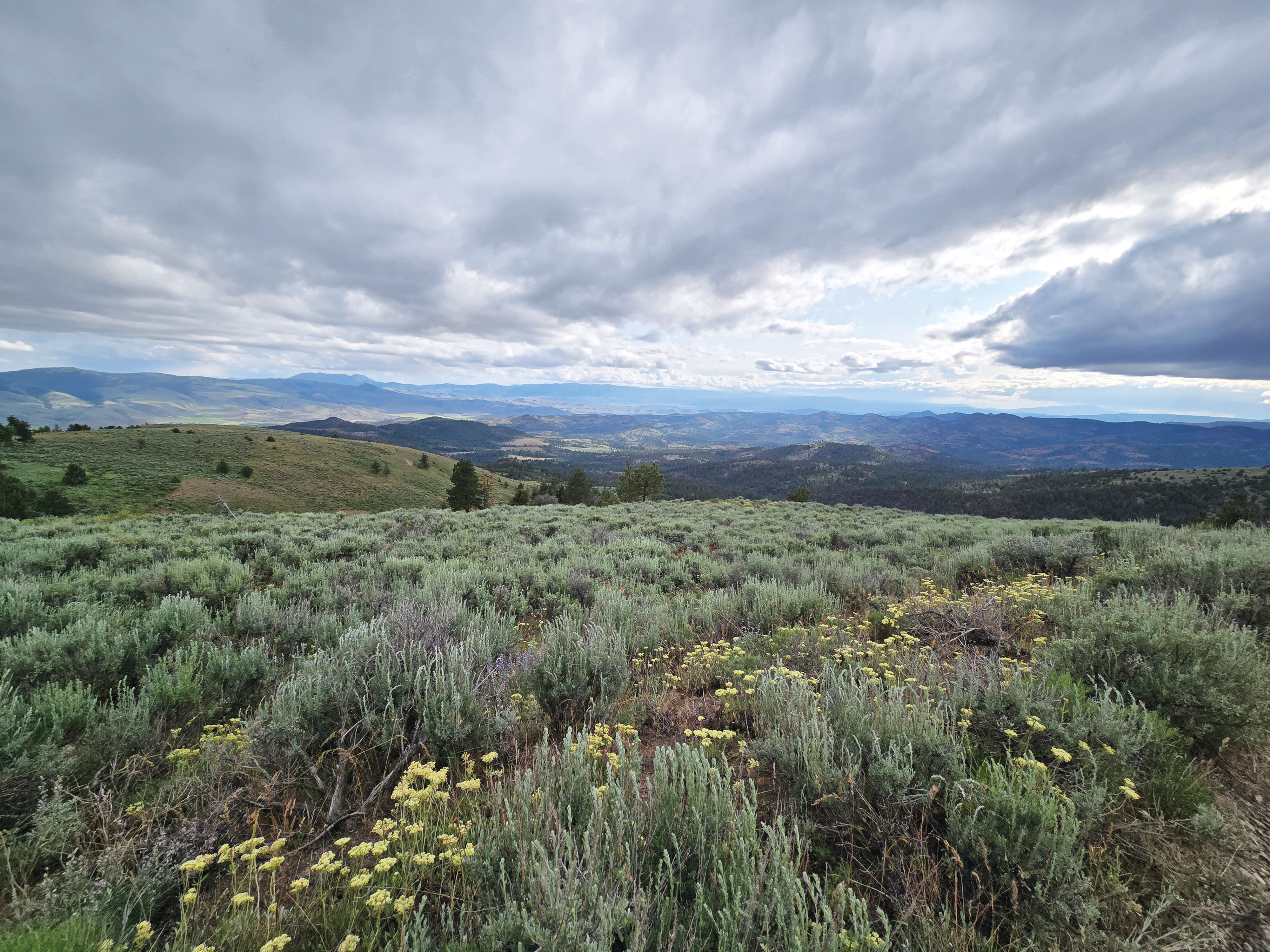Milton-Freewater winemaker arrested in Portland sex trafficking bust
Published 3:30 pm Tuesday, February 4, 2025

- Criminal in handcuffs.jpg
MILTON-FREEWATER — A Milton-Freewater winemaker was among more than 30 people the Portland Police Bureau cited or arrested in a sex trafficking takedown.
According to state court records, Todd Allen Alexander, 46, pleaded not guilty on Jan. 31 in Multnomah County Circuit Court to one count of prostitution procurement, a misdemeanor. Police cited Alexander on Jan. 1 at about 11 a.m. in the area of Northeast 82nd Avenue and Hancock Street, Portland.
Portland-based news outlets have reported the Portland Police Bureau’s Human Trafficking Unit in January focused efforts on Northeast 82nd Avenue and Sandy Boulevard in response to community complaints about criminal activity and nuisances. The crackdown netted as many as 32 or 33 citations or arrests.
The district attorney’s office in its charge stated Alexander acted with “intent to contact, locate, procure and solicit another person to commit an act of prostitution.”
His case has a trial readiness hearing March 7.
Alongside his wife, Carrie, Alexander owns and operates wine businesses, including Holocene Wines and Atelier Freewater, and works as a winemaker for Force Majeure Vineyards. He moved to the area in 2018 after working in Napa Valley, California.
Oregon state law — statute 14A.40.050 — says prostitution procurement means actions that create “a substantial step in furtherance of an act of prostitution.” That can include, but is not limited to, conduct such as loitering on or near a street, circling an area repeatedly in a motor vehicle, or trying to contact or stop a pedestrian or vehicle operator.
Trafficking is an issue everywhere — according to the Oregon Department of Justice, it’s one of the fastest-growing criminal industries globally.
Human trafficking, considered a form of modern slavery, involves exploiting a person to perform labor services or paid sex acts by force, fraud or coercion. It can happen to minors or adults of any gender, race or class, but more vulnerable populations tend to be more highly trafficked. Estimates from the U.S. Department of Homeland Security say labor or sex trafficking, or both, victimizes about 25 million people worldwide.
The Umatilla County Human Trafficking Task Force was established in 2024 to educate people on what trafficking is and what it looks like as well as to connect resources in the county to better support people who have been trafficked. People who work as prostitutes are not always trafficked, but that is often the case.
Amanda Swanson, human trafficking intervention coordinator with the Oregon Department of Justice, said in a September interview with the East Oregonian that being sex-trafficked, historically, has been criminalized. It’s been looked at as prostitution, making it unsafe for victims to seek help. Now, though, Swanson said, that’s in the process of changing, both culturally and through legislation.
Willa Wallace, interim lead of Umatilla County’s task force, said since its establishment, the task force has offered support in a few local situations and works closely with law enforcement to do so. She said the task force is offering a law enforcement training summit in April, as well.
“We were not involved in the Portland operation, but this information will be valuable in identifying needs and providing services to victims in the future,” Wallace said of the trafficking bust and Alexander’s arrest.






